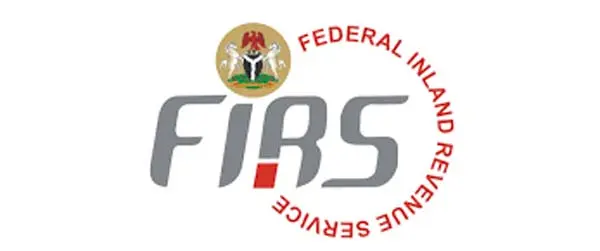News
TAXES AS KEY TO NIGERIA’S ECONOMIC AND INFRASTRUCTURAL DEVELOPMENT BY MUSA ILALLAH

To begin this discussion, it is imperative that we attempt to understand what taxes are all about.
Taxation is defined as the imposition of compulsory levies on individuals or entities by governments across the world. Taxation is used primarily to raise revenue to finance government expenditures among other reasons.
The Nigerian government is primarily reliant on taxes as they are a significant source of revenue and a major source of income to the government to discharge its responsibilities.
No one doubts the fact that the country today falls short of infrastructural development despite the unprecedented turn around on revenue generation and collection courtesy of the country’s Federal Inland Revenue Service, FIRS under the leadership of its Executive Chairman, Muhammad Nami.
The FIRS in Nigeria is the agency of the Federal Government Agency statutorily charged with the responsibility and powers to assess, collect, account and enforce payment of taxes accruable to the Government of the Federation.
It is commonly said that taxation is a contribution individuals and corporate entities make towards national development. Many see this as their obligation under the social contract where they contribute to enable government provide social amenities, welfare services and infrastructural development among others.
It is not in doubt that the FIRS has been up and doing in significantly and substantially improving revenue generation and collection in the country in the last few years. In return, the country’s infrastructural development has steadily improved across the length and breadth of the country.
Since Government cannot provide these resources if citizens do not reciprocate by paying their taxes as at when due as an obligation, citizens must assist government to provide it with resources to fund development of the country.
Visible and noticeable key projects government has executed with taxes across education, roads, health, power, agriculture, and other key sectors have dotted the country. Examples abound in the construction of the Loko-Oweto Bridge; the Second Niger Bridge, construction and equipping of Primary Health Care Centres, building and equipping schools with the necessary infrastructure among many others.
Records show that TETFUND has disbursed over N2 trillion financed through the 2.5% education tax from the assessable profit of companies operating in Nigeria.
The government needs taxes as sustainable sources of funding social programmes like health, education, infrastructure and other services which are important to achieve the common goal of a prosperous, functional and orderly society and most importantly to foster the country’s economic growth and development.
One can confidently say that governments raise revenues so as to pay for public goods and services. The commitment of the FIRS leadership in pursuing taxes generation and collection is very encouraging.
Undoubtedly, taxes are key to Nigeria’s survival, economic and infrastructural development and FIRS is at the centre of it, while doing the country proud.
BY MUSA ILALLAH
EMEKA ANYAOKU STREET, ABUJA
musahk123@yahoo.com

